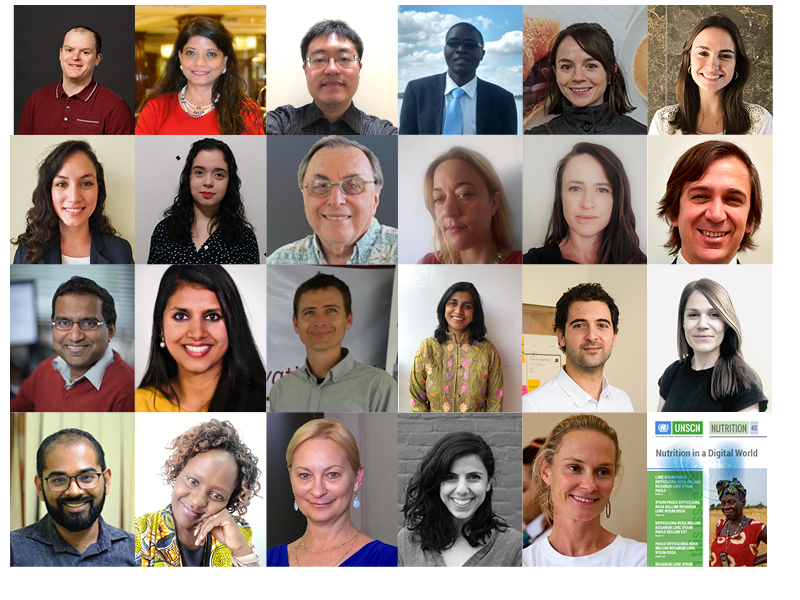July 13, 2020 - 4:00 PM (CET)
The report contains the most recent and authoritative estimates of the extent of hunger, food insecurity and malnutrition around the world. As the 2030 deadline looms, SOFI 2020 gauges whether #ZeroHunger remains achievable. The Report tracks countries' performance and trajectory to offer a tiered assessment of the likelihood of success.
What's new?
-
Higher level of accuracy thanks to the availability of fresh datasets, including new population figures, new food balance sheets and new data for China;
-
Preliminary assessment of COVID-19’s impact on food security, based on the latest global economic outlooks;
-
In-depth analysis of the ability of food systems to deliver quality diets to the poorest and the most vulnerable;
-
Policy recommendations to transform current food systems
The event is organized by the report’s authors, FAO, IFAD, UNICEF, WFP and WHO and can be followed in all official UN languages.




